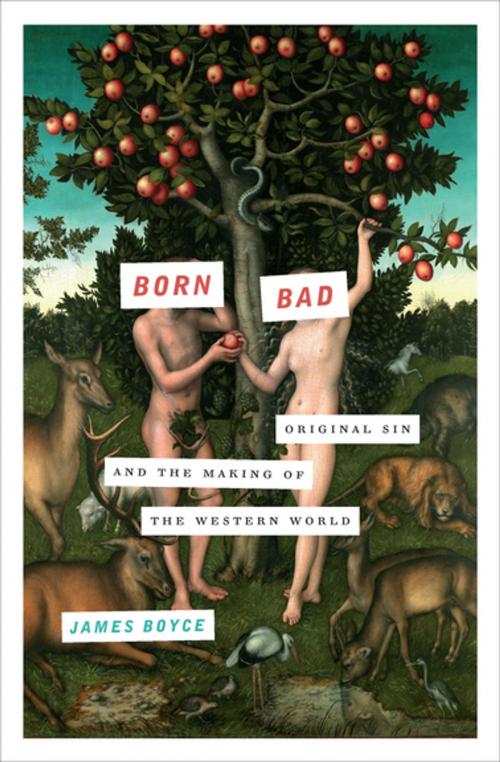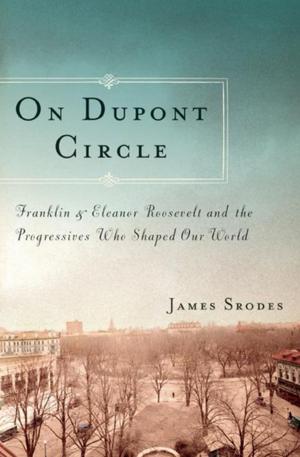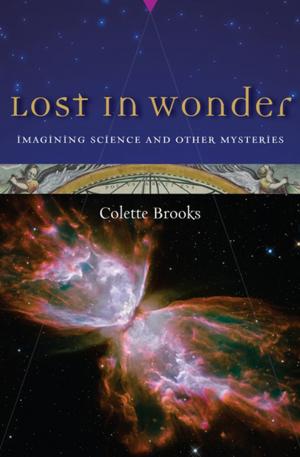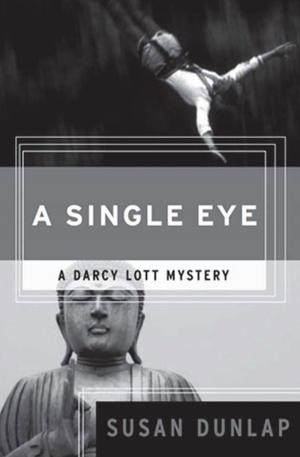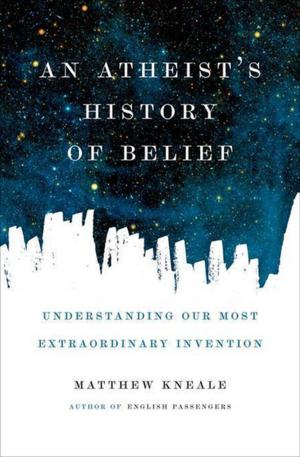Born Bad
Original Sin and the Making of the Western World
Nonfiction, Social & Cultural Studies, Social Science, Sociology, Marriage & Family, Religion & Spirituality, Reference, History, Christianity, Church, Church History| Author: | James Boyce | ISBN: | 9781619026407 |
| Publisher: | Counterpoint Press | Publication: | May 15, 2015 |
| Imprint: | Counterpoint | Language: | English |
| Author: | James Boyce |
| ISBN: | 9781619026407 |
| Publisher: | Counterpoint Press |
| Publication: | May 15, 2015 |
| Imprint: | Counterpoint |
| Language: | English |
The sweeping, 2,000-year history of a controversial idea and the remarkable influence it still wields: “Exceptional, highly recommended” (Publisher’s Weekly, starred review).
According to the Christian doctrine of original sin, humans are born inherently bad, and only through God’s grace can they achieve salvation. In this captivating and controversial book, acclaimed historian James Boyce explores how this centuries-old concept has shaped the Western view of human nature right up to the present. Boyce traces a history of original sin from Adam and Eve, St. Augustine, and Martin Luther to Adam Smith, Sigmund Freud, and Richard Dawkins, and explores how each has contributed to shaping our conception of original sin.
Boyce argues that despite declining church attendance, religious ideas of morality still underpin modern secular society. If today the specific doctrine has all but disappeared (even from churches), what remains is the distinctive discontent of Western people—the feelings of guilt and inadequacy associated not with doing wrong, but with being wrong. In addition to offering an innovative history of Christianity, Boyce’s “brilliant and exhilarating work of popular scholarship” offers new insights into the creation of the West (The Washington Post).
The sweeping, 2,000-year history of a controversial idea and the remarkable influence it still wields: “Exceptional, highly recommended” (Publisher’s Weekly, starred review).
According to the Christian doctrine of original sin, humans are born inherently bad, and only through God’s grace can they achieve salvation. In this captivating and controversial book, acclaimed historian James Boyce explores how this centuries-old concept has shaped the Western view of human nature right up to the present. Boyce traces a history of original sin from Adam and Eve, St. Augustine, and Martin Luther to Adam Smith, Sigmund Freud, and Richard Dawkins, and explores how each has contributed to shaping our conception of original sin.
Boyce argues that despite declining church attendance, religious ideas of morality still underpin modern secular society. If today the specific doctrine has all but disappeared (even from churches), what remains is the distinctive discontent of Western people—the feelings of guilt and inadequacy associated not with doing wrong, but with being wrong. In addition to offering an innovative history of Christianity, Boyce’s “brilliant and exhilarating work of popular scholarship” offers new insights into the creation of the West (The Washington Post).
